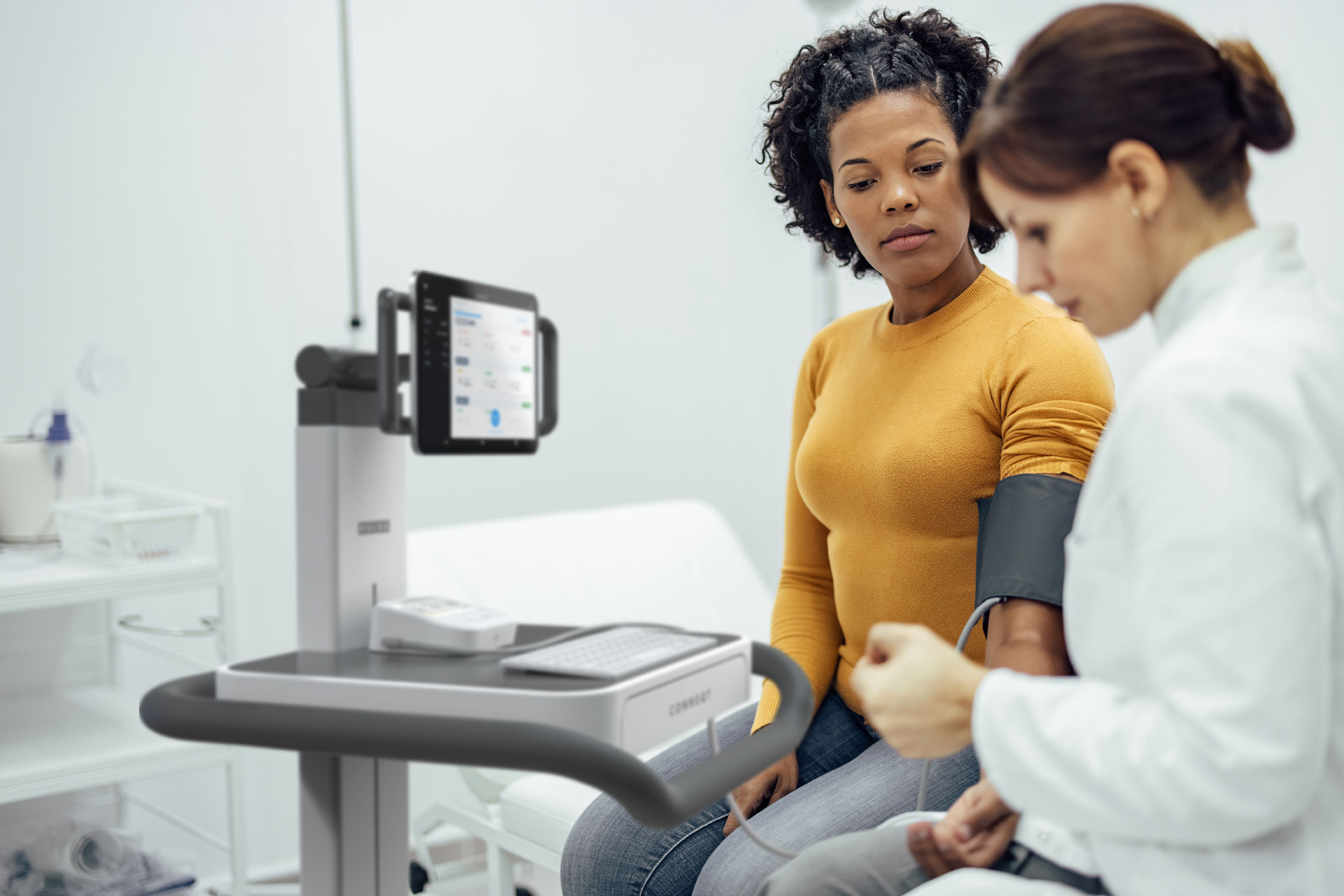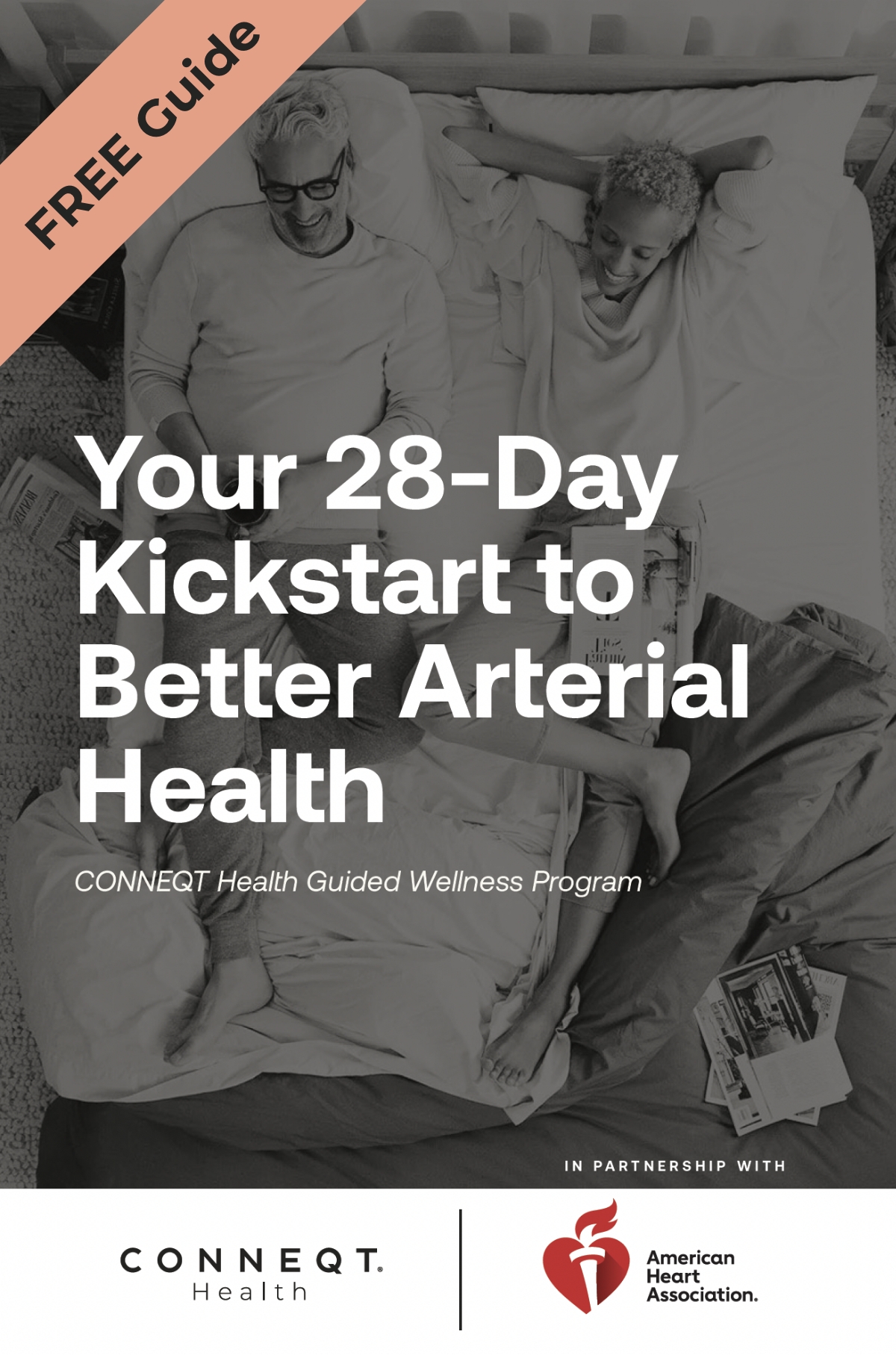Heart disease remains the leading cause of death for both men and women, but the way it manifests in women can be markedly different. Instead of the classic chest pain, women frequently present with atypical symptoms such as fatigue, shortness of breath, and nausea. This leads to delayed or incorrect diagnoses.
Focusing on Arterial Health
It’s important to recognize the unique challenges of heart health in women, especially when it comes to arterial health. Women often experience different symptoms and disease progressions compared to men, leading to potential delays in diagnosis and treatment. Conditions like microvascular disease and spontaneous coronary artery dissection (SCAD) are more prevalent in women and frequently elude conventional diagnostic tools.
Additionally, hormonal changes, particularly during menopause, can significantly impact arterial flexibility and increase the risk of heart disease. Pregnancy also poses unique cardiovascular challenges. Complications such as preeclampsia, gestational diabetes, and hypertension during pregnancy can have long-term effects on arterial health, increasing the risk of heart disease later in life.
Addressing these challenges requires tailored approaches in prevention, diagnosis, and treatment, ensuring that women receive the specialized care they need to maintain optimal cardiovascular health. Understanding and mitigating these unique risks is crucial for improving heart health outcomes for women everywhere.
Estrogen Protects the Heart
Estrogen is known to have a protective effect on the arterial system, helping to maintain flexibility and reduce the risk of plaque build-up. It promotes the dilation of blood vessels, enhances blood flow, and reduces inflammation, all of which contribute to healthier arteries. When estrogen levels decline during menopause, these protective effects diminish. This leads to increased arterial stiffness and a higher risk of plaque accumulation. Consequently, postmenopausal women face a greater risk of developing cardiovascular diseases, including heart attacks and strokes.
Conditions like polycystic ovary syndrome (PCOS), characterized by hormonal imbalances and insulin resistance, can lead to chronic inflammation and increased arterial stiffness. Women with PCOS are at a higher risk for developing hypertension and cardiovascular diseases later in life. Pregnancy-related complications also leave a lasting impact on arterial health.
Preeclampsia, marked by high blood pressure and damage to other organs, can cause long-term endothelial dysfunction, increasing the risk of hypertension and heart disease. Gestational diabetes, which affects blood sugar levels during pregnancy, can lead to insulin resistance and arterial damage, further elevating the risk of cardiovascular diseases.
Gender-Specific Insights for Optimal Heart Health
Addressing the unique challenges of women’s arterial health requires ongoing education and research. By recognizing the distinct ways in which arterial disease manifests in women, healthcare providers can develop more effective strategies for prevention, early detection, and treatment. Education is a key component, ensuring that both healthcare professionals and the general public are aware of the unique symptoms and risks associated with arterial disease in women. Training programs and continuous medical education can help healthcare providers stay current with the latest research and clinical practices tailored to women’s cardiovascular health.
Ongoing research into gender-specific responses to medications aims to ensure women receive the most effective treatments with minimal side effects. Historically, much of cardiovascular research has been male-centric, resulting in treatment protocols that may not be optimal for women. By focusing research efforts on understanding how women respond differently to medications, researchers can develop more effective, targeted therapies. This includes investigating the impact of hormonal fluctuations, genetic differences, and lifestyle factors on treatment efficacy and safety.
The Transformative Role of Arterial Health Technology
Technology is revolutionizing the management of women’s arterial health. Wearable devices that monitor vital signs, such as heart rate, blood pressure, and arterial stiffness, provide real-time data critical for the early detection and management of cardiovascular issues. The CONNEQT Pulse, for instance, offers a comprehensive arterial health assessment by measuring key indicators for women’s health and preeclampsia like arterial stiffness and central blood pressure. Integrated with mobile health apps, such devices enable continuous monitoring outside of clinical settings, offering a thorough view of a woman’s cardiovascular health.
Mobile health apps that track diet, exercise, and other lifestyle factors contribute to a holistic approach to managing arterial health. These apps offer personalized recommendations, track progress, and provide reminders for medication and appointments, helping women maintain healthier lifestyles and adhere to treatment plans. Additionally, telemedicine services offer remote consultations, making healthcare more accessible, especially for those in underserved areas. This convenience allows for more frequent check-ins and timely interventions, which are crucial for managing chronic conditions and preventing complications.
These technological tools facilitate continuous monitoring and provide valuable data to inform personalized treatment plans, empowering women to take charge of their arterial health. By integrating these tools into everyday life, women can become more proactive in their health management, leading to better outcomes and a reduction in the prevalence of severe cardiovascular events. The future of women’s heart health lies in a combination of advanced technology, personalized medicine, and ongoing education and research, ensuring that women receive the comprehensive care they deserve.









